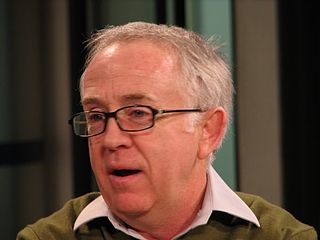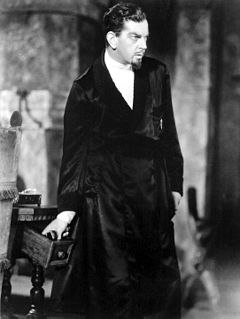A Quote by David Bergen
In 1970, at the age of 14, I entered a short story contest offering a grand prize of one dollar. I won. This was my first foray into writing fiction. I loved reading and thought that it shouldn't be so hard to write a story.
Related Quotes
I started writing the book without realizing I was writing a book. That sounds stupid, but it's true. I'd been trying and failing to make a different manuscript work, and I thought I was just taking a break by writing some short stories. I'm not a very good short story writer - the amazing compression that is required for short stories doesn't come easily to me. But anyway, I thought I'd try to write some short stories. And a structure took shape - I stumbled upon it.
I'll give you the sole secret of short-story writing, and here it is: Rule 1. Write stories that please yourself. There is no rule 2. The technical points you can get from Bliss Perry. If you can't write a story that pleases yourself, you will never please the public. But in writing the story forget the public.
When I was writing the book, I thought "Who wants to hear another story about some actor who lost his way?" But my story is a little unique in that I realized when I was 14 years old that I was different. I think a lot of gay people use drugs and alcohol to quell that fear and shame - especially people of my age.
In a way it was a modern story but it played to all those 1980 slasher movies. We did the same thing with this. Patrick wanted to do a 1970's road movie and if you'll see, this is a modern story but it's got so much 1970's in your face feel to it. So that was the point, to take that stuff that we loved growing up and sort of do it for today. I think we accomplished it. We'll see.
I was trained mainly as a short story writer and that's how I started writing, but I've also become very interested in non-fiction, just because I got a couple of magazine jobs when I was really poor and needed the money and it turned out that non-fiction was much more interesting than I thought it was.
It used to be that you would go into a writing program and what you would learn was how to write a short story. You would pick up the magazines and you would be taught from the magazines how to write a short story. Nowadays student writers are learning to write novels because that market is gone, so the ones who are drawn to the form are doing it really for reasons of their own and that's really exciting.







































